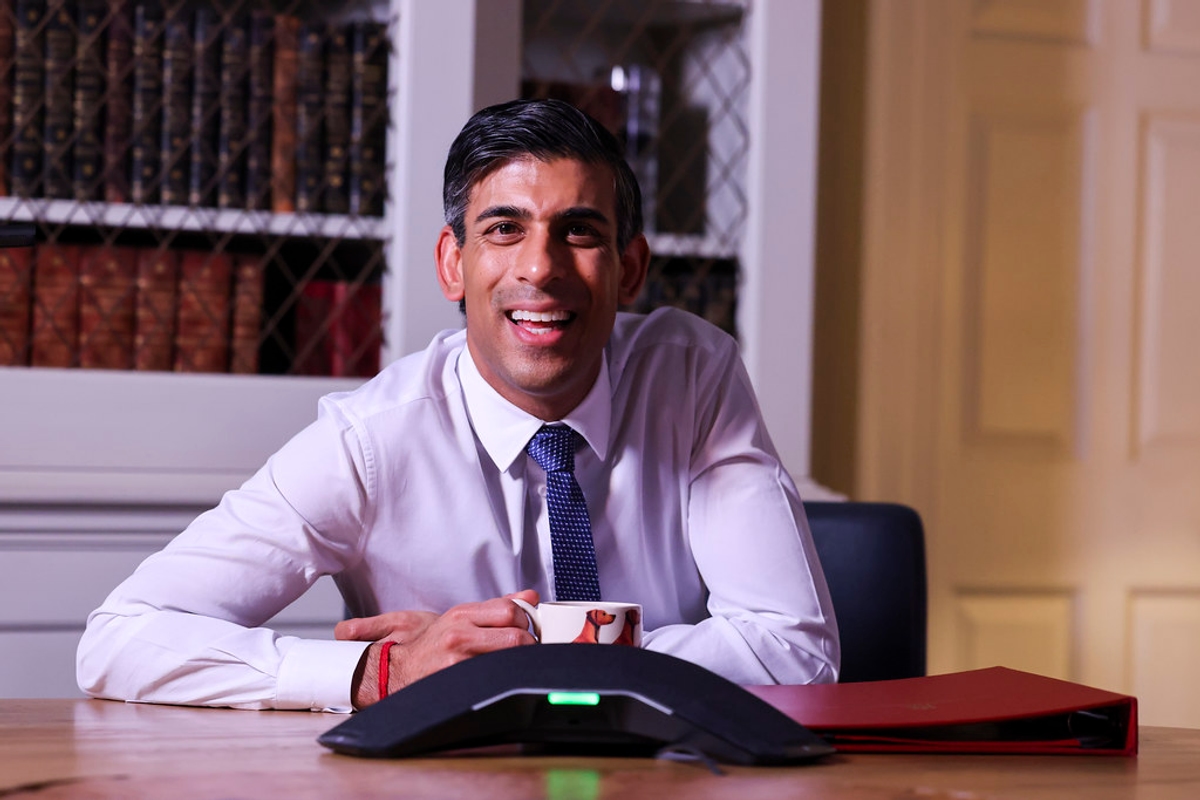Adam leads policy report development for AQA. He began as a primary school teacher before moving into policy roles in the DfE and the MoJ. Adam studied History at the University of Manchester before completing a Social Research MSc at the University of London
Do Rishi Sunak's Sums Add Up?

Rishi Sunak's announcement: Maths or Numeracy? Is that the question?
With the Prime Minister’s announcement this week that all young people will be expected to study Maths in some form until the age of 18, it’s probably a good time to consider what Maths actually is, and what it gives (or doesn’t give!) young people.
Specifically, the speech and much of the discussion surrounding it linked Maths and Numeracy together as if they were interchangeable, but the reality is more complicated than that...
What do Maths and Numeracy mean in real world terms?
Maths is a statutory component of the national curriculum and taught to all pupils in England until the age of 16.
In the public imagination, numeracy skills are often conflated with maths as an academic subject, reflecting the English tradition of using the teaching and assessment of maths to develop and measure numeracy.
A grade 4 in GCSE Maths – defined by the DfE as a ‘standard pass’ – is the benchmark used by many colleges, universities and employers to determine young peoples’ numeracy.
However, numeracy is not the same as Maths. Numeracy skills include: Counting and conversions; routine calculations; budgeting; and measurement and data analysis.
Maths, however, is more traditionally seen as giving learners access to mathematical ideas and knowledge for example algebra or differentiation, that feature strongly in specific industries such as computing, economic analysis or insurance. So while there is, of course, a link between these things – too often the debate around the PM’s announcement has conflated studying maths with building numeracy skills.
So what’s the problem?
Some argue that the content of GCSE Maths is too theoretical, lacks workplace relevance and fails to equip youngsters with the right skills.
Simultaneously, policymakers struggle to lift the proportion of 16-year-olds who meet or exceed the expected numeracy standards. It is similar for the working-age population. In 2021, an estimated 9 million adults exhibited poor literacy or numeracy skills. A wide range of proposals have been mooted to resolve these problems, including reforming GCSE Maths, using different measures of numeracy at KS4, and most recently the PM’s announcement. Of course, as has been commented on, many include large structural changes to the education system.
Moving the debate forward
Instead, I believe there are a number of things that we can do to help tackle these issues more immediately:
More research into employers’ definition of numeracy skills
Although people frequently point to employers’ concerns around inadequate numeracy levels in the workforce, employers don’t use consistent or rounded definitions of numeracy. Evidence on the precise definitions that they do adopt is underdeveloped. Once we agree that it’s numeracy, rather than Maths, that we’re explicitly focussed on, the next logical step is to define exactly what numeracy skills employers most value.
Support a life-course approach to numeracy
While any assessment – be it a GCSE, a Functional Skills Qualification or a new measure at 18 – provide snapshots of someone’s attainment at a certain point in time, a person’s numeracy may develop or deteriorate during the remainder of their education and working life. There could be clear benefits in supporting a ‘life-course’ approach to numeracy, again, working directly with employers.
Exploit the opportunities of new technology
Advances in technology and the availability of computer equipment are already changing ongoing assessment in numeracy and the way teachers identify students needing support. Regular, on-screen adaptive assessment in numeracy is already commonplace in several counties in the UK, and could be developed further.
So, whether you agree with the PM’s announcement or not, hopefully you’ll be persuaded that there are practical, real world things we can do to help move the debate forward and, ultimately, ensure our young people have some of the best numeracy skills in the developed world.
Read more on this subject:
- Fit for the Future: Assessing Skills in the 21st Century by Sheradan Millar
- Assessment Design
- Exam Reform
Read more by this author:









